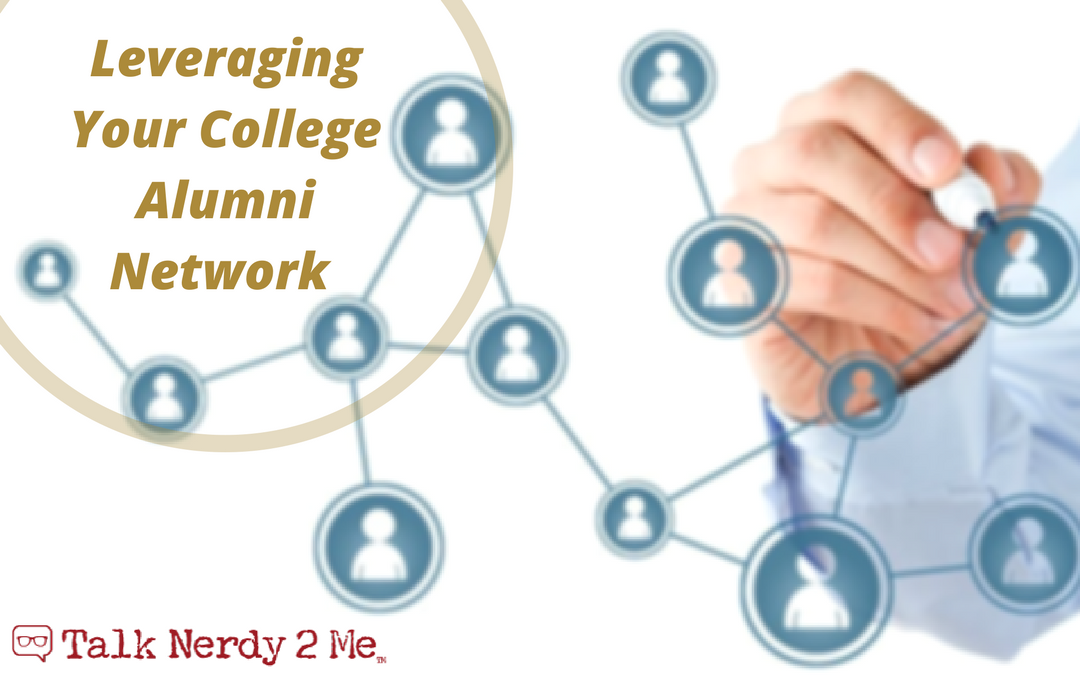As a college student, you may be wondering how your college alumni network can help you right now. Connecting with college alumni can help prepare you for an amazing future, and potentially help with landing your next job, but you should start searching for alumni connections as early as possible. So… where do you even begin? Luckily for you, NSCS is here to give you this helpful guide in leveraging your college alumni network.
Why Does An Alumni Connection Matter?
A connection with an alumnus could be very beneficial in highlighting your skills and endorsing you for that dream job you’ve been wanting. According to Business Insider, upward of 70 percent of jobs are filled through networking. However, an alumni mentor can also give you insightful information on the industry, their company, their past experiences, helpful tips and tricks to learn early-on, and much more. You should view this opportunity with curiosity for your field rather than as a favor for a job. But first, you must take the time to build good relationships beginning with the commonality of going to the same college.
Initiate Communication
Ask your college about alumni networking resources that are available and take advantage of them. The databases can provide you with profiles of alumni mentors willing to help from varying fields of study along with a way to contact them. Some colleges may even host networking events on campus where you can easily converse and develop connections. Another option is to use your school’s alumni network through various social media sites such as LinkedIn, Facebook, and Twitter. A LinkedIn research study found that one-third (35 percent) of professionals said that a casual conversation on LinkedIn Messaging lead to a new job opportunity. To find contact information, you can even do a bit of your own research simply by Googling the person’s name or visiting their company’s website.
Perfect Your Subtle Elevator Pitch
In your initial form of contact, whether through email or social media messaging, be professional and tactful. This is your first impression after all. Your message should include: an introduction of yourself including your school year and major, how you got their contact information, why you are reaching out to them (be specific), and a thoughtful closing thanking them for their time. Do not include your resume. According to The Muse, you should not make it seem like you are looking for a job because doing this could lead to the person simply directing you to the company’s career page. You must remember, you are not establishing this connection with the sole purpose of getting a job, although it may hopefully lead to that circumstance.
Prepare For The Conversation
If you can meet with them in-person, take the opportunity. Arrive prepared with a list of questions to ask regarding their industry, company, previous jobs and other experiences. This is known as an informational interview and is helpful in getting all sorts of advice ranging from which classes were the most beneficial, key skills needed for an industry, potential career paths and more.
Stay In Touch After Making The Connection
After the first meeting, be sure to send a thank you email or hand-written letter (this may be outdated, but it goes a long way in showing your efforts). Be sure to give periodic updates and meetings as your early steps will only matter if you stay in contact with the alumnus. The person who you’ve connected with may be able to help you more than once in the long-run.
Pay It Forward
As you move forward with your career, be sure to pay forward the help you received by being a viable resource for other students from your university. You can attend your school’s alumni panels, appear for a job fair and use other means of networking to stay connected with your college and alumni community.
Networking can be one of the most important aspects to helping advance your career and beginning to build your connections early can only help you. Make sure you take advantage of the connections you obtain on your collegiate journey, and we wish you the best luck with your future endeavors.
Author: Candace Harada, NSCS Marketing Intern

